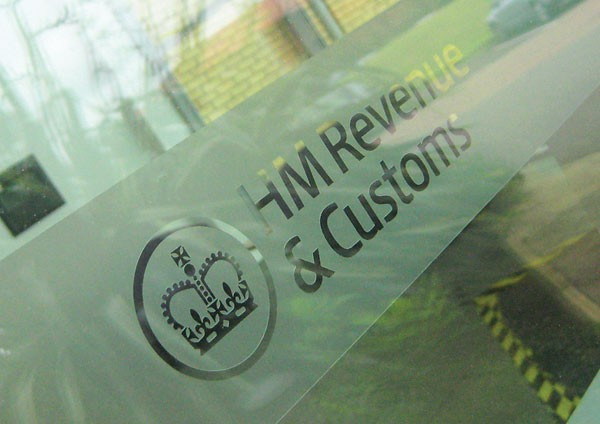Tax Freedom Day: Facts You Might Not Know About UK Tax

Tax Freedom Day - the threshold in the year at which the average worker has theoretically paid off their tax burden to the state and is now earning for themself - took 150 days to get here in 2013.
Some say this is a reductive way to view tax, which boils the complex notion of civil society and how it's paid for down to a blunt dichotomy of slavery and freedom.
Others say it highlights just how much Britons hand over to government - and that we should keep more of what we earn for ourselves.
Whatever you believe, here are some interesting tax facts to mark Tax Freedom Day.
Income tax was to defeat Napoleon
UK income tax was first introduced in 1799 by William Pitt the Younger, the then prime minister, to help pay for war against Napoleon Bonaparte's France.
All those earning above £60 a year were subject to a 10% tax rate. It was intended to be temporary and was repealed by Henry Addington, the prime minister after Pitt.
However, Addington soon reintroduced a broadly similar tax with some technical changes because of further fighting with the French.
How much an average person pays in tax
Fast forward a couple of centuries and see how things have changed.
Care, a Christian charity, calculates that one in four British families pay an unholy 73% marginal tax rate (PDF) on their household income through direct and indirect taxation.
Research by the Taxpayers' Alliance found that an average family in the UK pays £656,000 in tax over a lifetime.
The OECD reckons the average UK worker faced a tax burden on their wage of 32.3% in 2012, though this does not include indirect taxation such as VAT.
Oh for Pitt's 10%!
Income tax vs corporation tax
Income tax generates vastly more revenue for HMRC than the corporation tax levied on profitable businesses.
In 2012/13, income tax put £151bn into the UK Treasury compared to £41bn from corporation tax.
How your income taxes are spent
The average salary in the UK is £26,500 a year.
A handy tool on the Where Does My Money Go? site, which uses government spending and taxation data, tells me that each day the tax paid on an average salary is broken down as follows:
Running government: £4.01
Defence: £2.09
Health: £7.23
Helping others (such as through the welfare state): £10.60
Culture: £0.46
Education: £1.89
Running the country (infrastructure etc): £1.75
Law, order and emergency services: £0.96
Our streets (such as housing, water, street lights): £0.34
The environment: £0.30
© Copyright IBTimes 2025. All rights reserved.






















